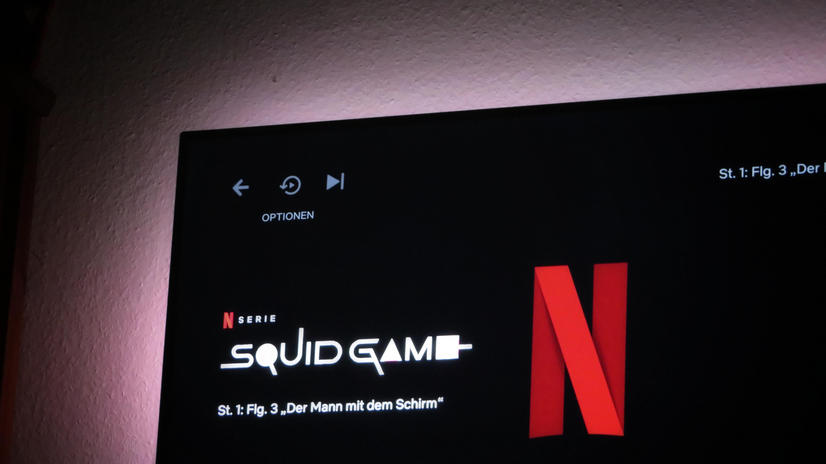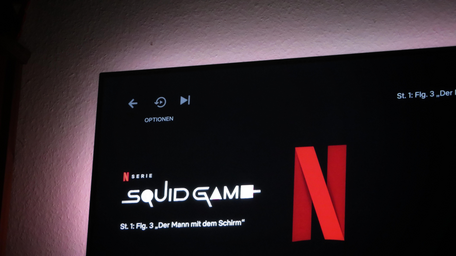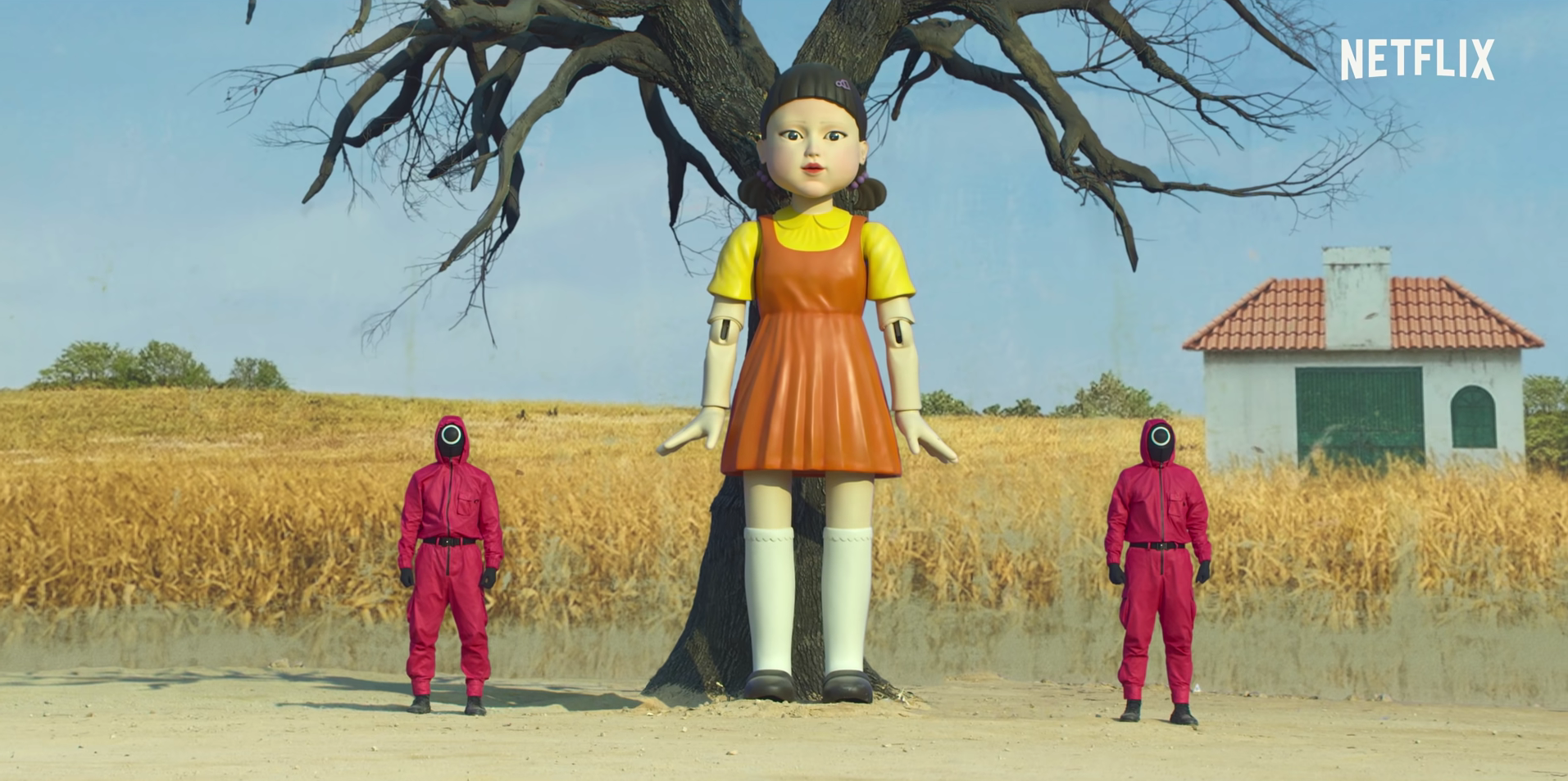Fans of Oscar-winning film Parasite will have surely heard of the sensational series Squid Game by now, but can they expect the same quality?
Released on Netflix, the show was written and directed by Hwang Dong-hyuk, starring Lee Jung-jae and a special appearance by Korea’s beloved Gong Yoo. Its rise to popularity has been surprising. TikTok For You Pages were suddenly littered with fans making dalgoma candy inspired from episode three as well as humorous renditions of the different games played in the show.
In the show, 456 financially struggling individuals in South Korea are lured into playing 6 children’s games, gunning to win the cash prize of 45.6 billion won (roughly $40 million USD). In the first game of Red Light, Green Light the participants quickly realize that while the prize of the games is tempting, a loss will mean certain death. After some initial hesitation, the contestants continue to participate, reasoning that their lives back home are worse than the possibility of death.
In many of its reviews, Squid Game is often likened to the Oscar-winning Korean film, Parasite. It’s easy to make a connection between the tv show and movie. Both are Korean media containing commentary on the concept of wealth inequality. However, are they really on the same level as each other? In my personal opinion, they are not.
Let me be clear. I loved Squid Game. I watched the entirety of the show within 24 hours and don’t regret a single moment. However, the constant comparison to Parasite gave me pause. Were Western media outlets simply likening it to Parasite because it was just another piece of Korean media that managed to grab the attention of American audiences? Thematically, there are similarities. Both Squid Game and Parasite shine shocking spotlights on the dangers of wealth, or lack thereof. However, I think that Parasite does it better.
Squid Game did not have as deep of an impact on my perception of wealth inequality and injustice. This was partly due to the abrupt introduction of the random English-speaking masked men(VIPs) who gathered to watch the remaining 2 games. Up until then, I hadn’t really considered what type of commentary this show may have been trying to communicate, and I kind of preferred it that way.
When I finished Parasite I came away with a sobering attitude towards the wealthy and those stricken with poverty. When I finished Squid Game I asked my boyfriend whether or not it was too late to order pizza. This isn’t to say that Squid Game doesn’t offer any opportunity for introspection. One thing that really stuck out to me was the depressing irony of making grown adults fight to their deaths over children’s games. It’s a lot to unpack. However, Parasite gets at these themes in a deeper and more artistic way. I feel like the comparison to Parasite puts Squid Game on a level that I don’t think it belongs on. But hey, that’s totally okay, because it’s a great series that can stand alone by itself.






